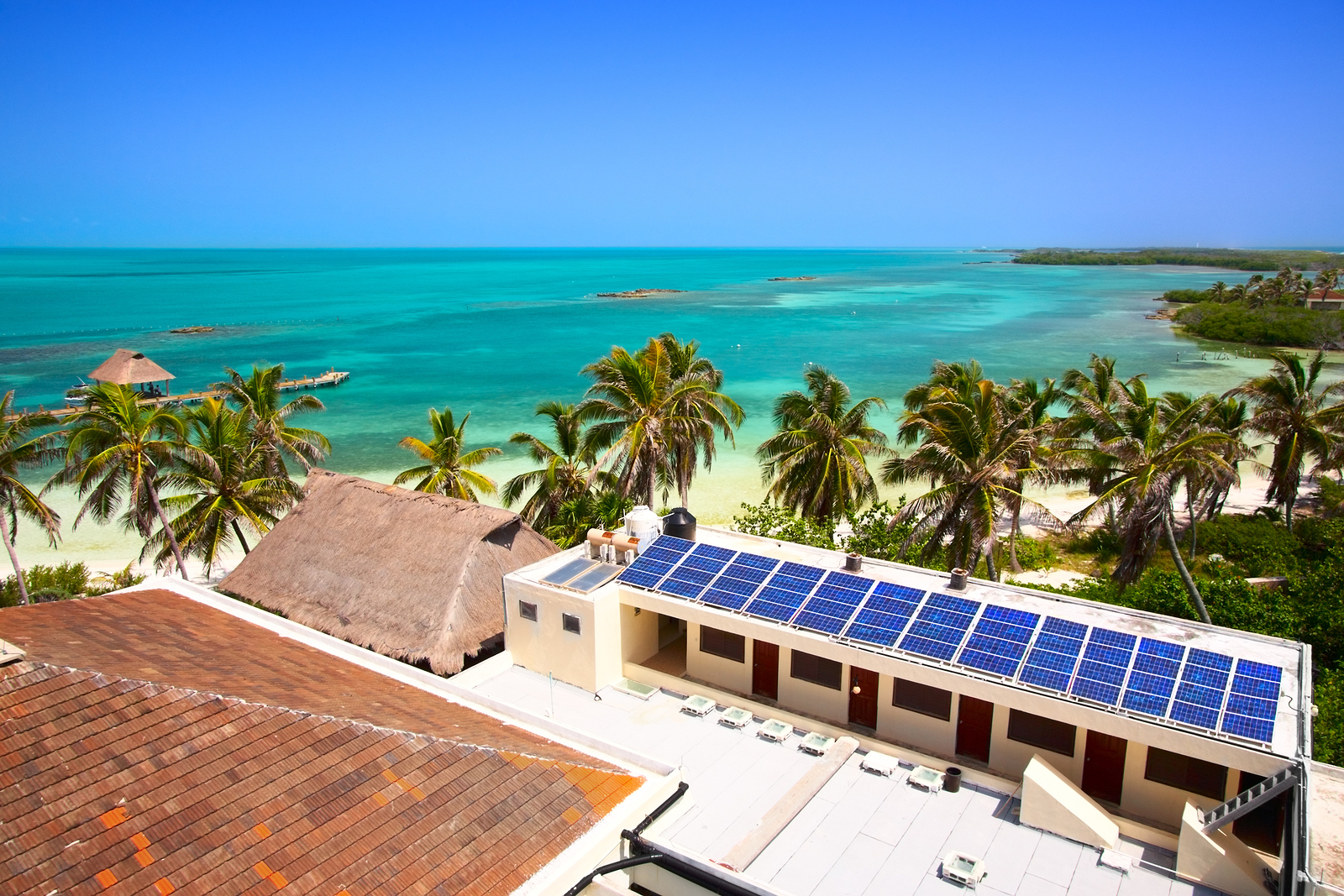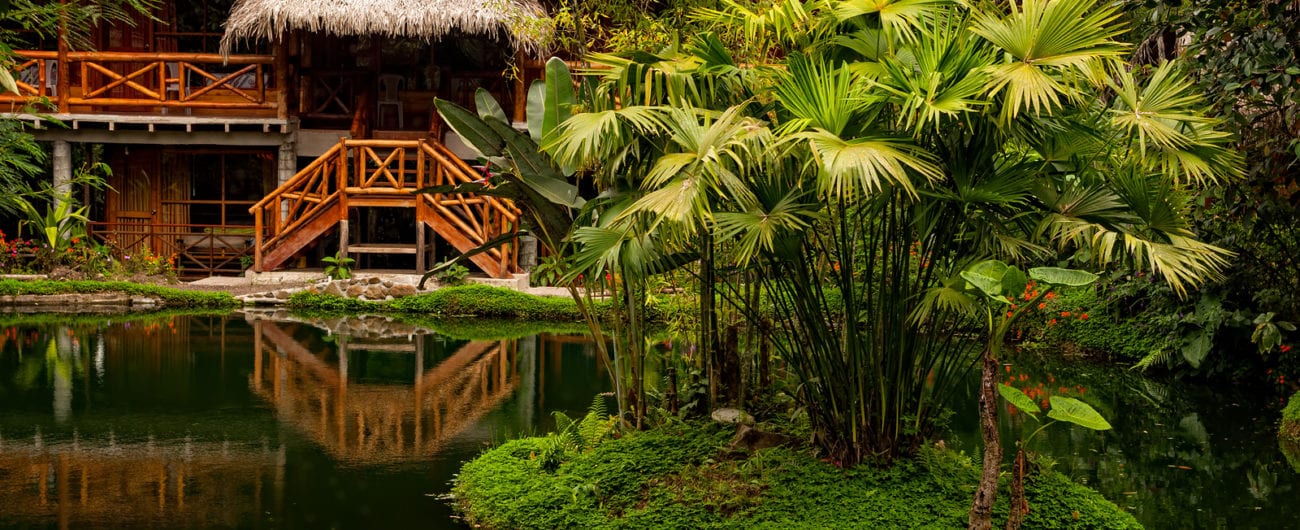If you want to enjoy ethical, eco-friendly travels, it is important to choose a sustainable place to stay. Learning how to pick the right destinations and choose a sustainable accommodation option is key to making sure that your adventures are as low-impact as possible. To help you plan your sustainable stay away, here are some tips to help you head off in the right direction:
- Find a Place That is Off The Beaten Track
When planning your sustainable travels, it is important to bear in mind that mass tourism can be a massive problem for people and planet. Rather than choosing the same destinations as everyone else, those who want to go greener should try to choose less well known destinations. When you travel with the crowd, you tend to have a far larger impact on the places you visit, since collectively, you and all those other tourists will put immense strain on local resources, and can negatively impact local communities.
Rather than opting to visit a tourist hot spot, sustainable travelers should try to choose a place to stay that is less well known. Heading off the beaten track can allow you to see some of the most amazing things, and can often make it easier to enjoy a sustainable stay. - Find a Place That Was Built/Set Up Sustainably
When it comes to finding sustainable accommodation in the off-the-beaten-track destinations you choose, it is important to think about what it took to build or set up that facility in the first place. Ask yourself how much the building has contributed to global warming – what emissions were associated with its construction and build out?
If you are considering a stay in a new-built hotel, ask yourself whether it was constructed sustainably. If the accommodation is in an older building – what retrofitting work was undertaken? Wherever you stay – from a resort to a campsite – ask yourself how the surrounding ecosystems were affected by its establishment.
A sustainable place to stay is often somewhere that utilized sustainable building techniques. It is frequently constructed from natural or reclaimed materials. Any work undertaken to create the accommodation will have been sensitive to the surroundings, and avoided harm to surrounding natural systems. - Find a Place That Uses Renewable Energy, and Uses It Wisely
Sustainable accommodations will also use renewable sources of power for heating, lighting and electrical outlets. It might use solar energy, wind, hydro power or geothermal sources. It may generate its own power on site, or utilize green electricity from a local supplier.
In addition to using renewable energy, a sustainable place to stay will also take measures to reduce energy use, and use it wisely. A sustainable accommodation option might, for example, have excellent insulation to reduce heat loss, or be designed to maximize passive solar gain. They may have natural ventilation systems rather than energy-guzzling air conditioning. They will likely have installed low energy LED lighting, and low-energy appliances.
- Find a Place That Uses Water Wisely
A green stay option will also have a sustainable water supply, and will take measures to use water wisely. Whether it is in a low-water area or not, accommodation for travelers should always respect fresh water as the precious commodity that it is.
They might have a rainwater harvesting system, or grey water recycling systems in place. They are likely to have low-flush plumbing (or even a composting toilet system). Laundering will be undertaken in appliances that are as water-efficient as possible, and not undertaken more frequently than is really required - Find a Place That Reduces, Reuses and Recycles
A place that accommodates tourists will almost always involve a high turnover, and that can mean a lot of waste is generated. A sustainable place to stay will always take measures to reduce waste as much as possible. While you yourself can also do a lot on your travels to reduce waste, it is also important to choose somewhere to stay where they do the same.
A green campsite, hostel, B&B, guesthouse or hotel will always do its best not to over-consume. Reducing is the most important element in eradicating waste. However, they should also take measures to reuse as much as possible – for example, by using upcycled furniture or other reclaimed items. They should also, of course, have good recycling systems in place. Not only should they recycle through the local curbside recycling or commercial recycling facilities, they should also recycle on site – for example, by composting food waste and returning nutrients to food-producing systems. - Find a Place Where the Food is Sustainable
An on-site food producing system is a wonderful thing to find at a sustainable place to stay. A place with an organic farm or garden is ideal for a green stay. The more of its own food an accommodation site can produce, the more sustainable it will be. Food miles for food will be virtually non-existent, and visitors can withdraw their support for damaging, large-scale agricultural systems even when they are away from home.
Even where a place cannot grow their own food on site, however, they can still be a sustainable option. It is simply important that they source local, seasonal organic food that has been grown as close to the site as possible. Check out the food offered at an accommodation option as this is usually a great way to find out how sustainable it truly is. - Find a Place that Respects, Protects and Even Enhances its Natural Surroundings
A sustainable place to stay will not only have respected and protected its natural surroundings during its formation, but will continue to do so as it is visited. It may even reach out to enhance the surrounding ecosystems by involvement in local conservation projects and ecotourism projects that fund them.
- Find a Place With Good Community Ties
Finally, it is important to remember that a place to stay cannot be truly sustainable unless it is firmly rooted in, and gives money back to, the local community. Look for accommodation with good community ties so your travels in the area are supporting and strengthening it, rather than causing it additional problems.
Keep the above in mind and you should find it much easier to choose a sustainable place to stay.







